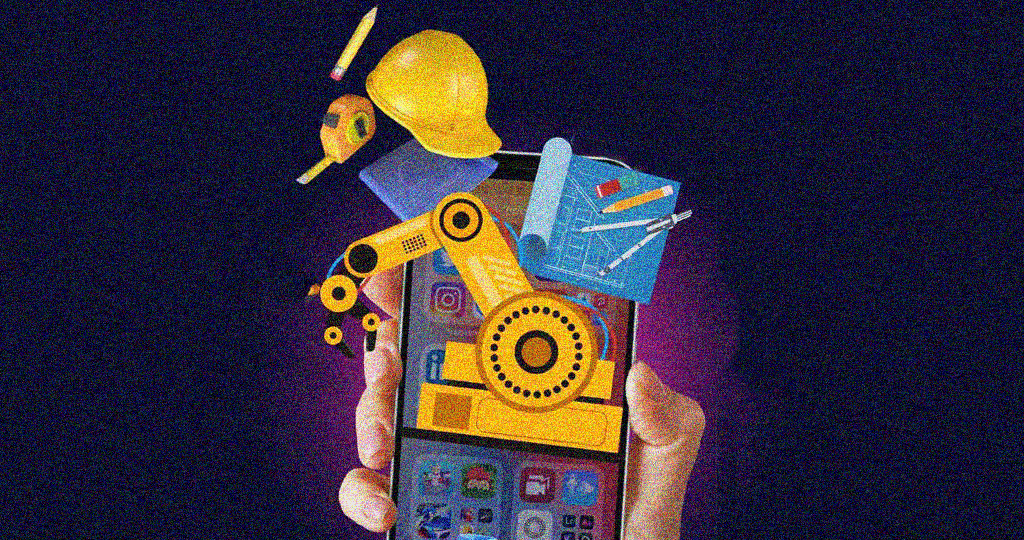Thinking of building an app inspired by a brilliant idea? Like an Uber for dog walkers or a Venmo for concert tickets. Cloning a successful app can be a smart way to jump into the market. But before you get started with clone app development, let's see how much it actually costs to make your app dream a reality. We'll break down the factors affecting clone app development pricing and also point you to some essential resources to get you started.
Let’s get started!
Key Takeaways
Budget varies based on how complex your clone app features are. Basic clones cost less, unique features increase expenses.
Developing for iOS and Android adds costs. Each platform needs specific design changes and testing.
Investing in UI/UX design attracts users. Customization to fit your brand enhances engagement and ROI.
Ensure legal compliance to avoid costly disputes during app development.
What is Clone App Development?
Clone apps, also known as replica or duplicate apps, mimic the functionalities and user experience (UX) of existing successful apps. This approach allows businesses to use proven concepts and market strategies without the extensive time and cost investments required for original app development. Popular examples include Uber's influence on ride-sharing clones and Instagram's impact on social media photo-sharing apps. Understanding the benefits and drawbacks of clone app development is also important, which highlights the efficiency and cost-effectiveness of using established models while also pointing out potential limitations in terms of originality and differentiation.
Pricing Insights for Clone App Development
The cost of developing a clone app can vary significantly based on several factors:
1. Complexity and Features
When budgeting for your clone app, consider the complexity and the features you want to replicate or add. Basic clone apps that mimic core functionalities of popular apps are usually more affordable because they require less development time and customization. However, if you're looking to stand out with unique features or enhanced usability, expect costs to increase. Developers will need more time to code, test, and refine these additional functionalities, which directly impacts the overall project cost. Understanding the essential features of a clone app can help you prioritize what needs to be included initially and what can be added later as your budget allows.
2. Platform Compatibility
Developing a clone app that runs smoothly across different platforms, like iOS and Android can significantly influence your budget. Each platform has its own set of requirements and design principles. Ensuring your app is optimized for each platform involves additional development effort and testing. This may include adapting the user interface (UI) and user experience (UX) to fit the specific guidelines of iOS and Android, which can add complexity and cost to your project.
3. Design Requirements
The design of your clone app plays a crucial role in its success. Investing in a well-crafted user interface (UI) and user experience (UX) design is essential for attracting and retaining users. Customizing the app's design to reflect your brand's identity and align with user expectations requires skilled designers and additional development time. While this can increase upfront costs, a thoughtfully designed app can enhance user engagement and satisfaction, ultimately leading to better long-term success and return on investment (ROI).
4. Development Team Costs
The cost of hiring a development team varies based on factors like location, experience level, and project complexity. Offshore teams often offer lower hourly rates, which can be attractive for reducing initial costs. However, working with offshore teams may come with challenges such as language barriers, cultural differences, and potential communication gaps. Clearly defining clone app development ideas can help mitigate some of these challenges by providing a focused direction. Onshore teams typically charge higher rates but may offer easier collaboration, better project management, and faster response times. Choosing the right clone app development team involves weighing these factors against your budget and project requirements to ensure a successful outcome.
5. Legal Considerations
It's also very crucial to consider legal aspects when developing a clone app. Copying features or design elements from existing apps without proper authorization can lead to legal issues such as copyright infringement or intellectual property disputes. Budgeting for legal advice and ensuring compliance with relevant laws and regulations is essential to mitigate legal risks and protect your app from potential legal challenges. By addressing legal considerations early in the development process, you can minimize the risk of costly legal disputes and ensure a smooth launch and operation of your clone app.
Essential Resources Needed for Clone App Development
Successful clone app development requires careful planning and access to the right resources:
Market Research: Identify target demographics, user preferences, and market gaps to tailor the clone app's features and marketing strategy effectively.
Technology Stack: Choose appropriate programming languages, frameworks, and third-party APIs based on scalability, security, and performance requirements.
Design Guidelines: Follow platform-specific design guidelines (e.g., Apple's Human Interface Guidelines for iOS) to create a seamless user experience and facilitate app store approval.
Quality Assurance: Implement rigorous testing protocols to detect and resolve bugs, ensure compatibility across devices, and optimize app performance.
Deployment and Maintenance: Plan for app deployment, user onboarding, and ongoing maintenance to address updates, security patches, and user feedback promptly.
Conclusion
Clone app development isn't just about copying an existing app. It's totally about strategically using proven concepts to create an app that is something new and valuable. By understanding the costs involved, from basic functionalities to platform compatibility and design customization, you can better plan and budget for your clone app project. If you are looking to learn how to develop a clone app, it’s essential to get into the nuances of the development process, ensuring that each step aligns with your business goals and user expectations.
At Way2Smile Solutions, we offer clone app development solutions customized to meet your unique business needs. With a dedicated team of experienced clone app developers and designers, we offer services from initial concept to final deployment.
Contact us today to get a quote!







